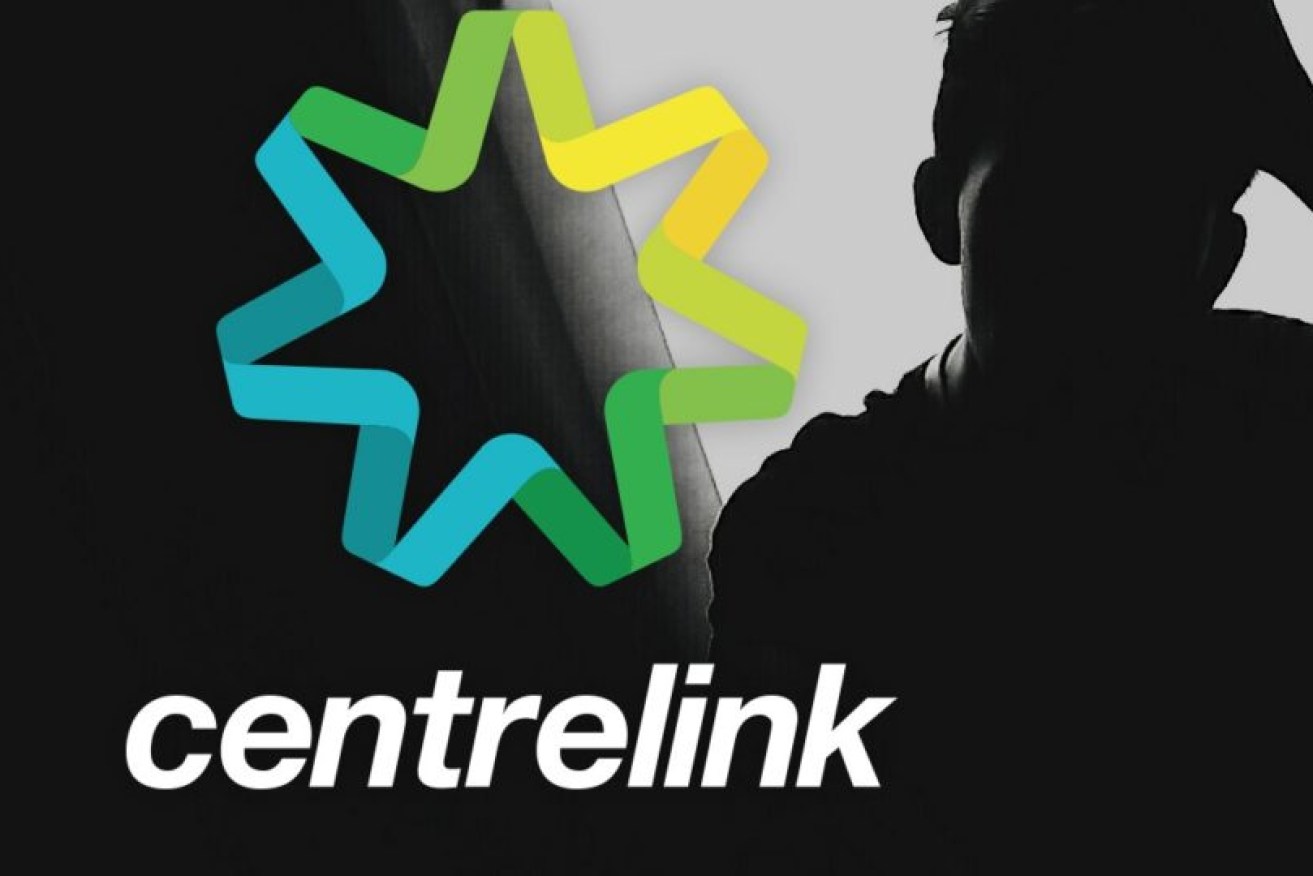‘Shameful chapter’: Court approves $1.2b Robodebt settlement

A judge has blasted the federal government's Robodebt scheme, while approving a massive settlement.
A judge has approved a $1.2 billion settlement between robodebt victims and the federal government while blasting the scheme for being a “shameful chapter” in public administration.
Justice Bernard Murphy said on Friday the use of flawed income averaging tools to raise debts caused vulnerable people financial hardship, distress and anxiety.
Many felt shame and hurt at being wrongly branded “welfare cheats”, he said, with some driven to take their own lives.
The settlement distribution scheme had also resulted in a “huge waste of public money”.
“The proceeding has exposed a shameful chapter in the administration of the Commonwealth social security system and a massive failure of public administration,” Justice Murphy told the Federal Court.
It should have been “obvious” to the government that many welfare recipients do not earn a stable or constant income, he said, and may only be employed on a part-time, casual or intermittent basis.
However, Justice Murphy was not convinced the federal government knew the robodebt scheme was unlawful from the start.
“I am reminded of the aphorism that, given a choice between a stuff-up and a conspiracy, one should usually choose a stuff-up,” he said.
The 648,000-strong class action was led by Gordon Legal.
Justice Murphy approved $8.4 million in costs to the firm and said the 680 people who objected to the settlement would be given the opportunity to opt out.
Gordon Legal partner Andrew Grech said the settlement approval would bring closure to the victims of the robodebt scheme.
“We hope this outcome brings peace of mind and some certainty to all class action members and acts as a strong deterrent against similar callous welfare practices for both present and future governments,” Mr Grech said.
The automated matching of tax and Centrelink data to raise debts against welfare recipients the government claimed to have overpaid was ruled unlawful in 2019.
In November 2020, the Commonwealth settled the case without admitting legal liability.
Jennifer Miller in May said robodebt played a “very prominent” role in her son Rhys Cauzzo taking his own life about four years ago after he was pursued by Centrelink and debt collectors.
Ms Miller objected to the settlement in a previous Federal Court hearing, arguing that no one in power had been held accountable.
“The only thing I’ve ever had is platitudes – I’ve been shown no respect,” she told the court.
“There has been no accountability. This was proven to be an illegal process early in the piece.”
Ms Miller said Centrelink pursued her son despite knowing he had mental health issues and also gave private information about him to the media.
Another person who objected to the settlement, Jeremy Lee, detailed his experience with the “targeted, punitive” program.
He also raised concerns the settlement offered by the Commonwealth allowed politicians to avoid admitting publicly that robodebt was unlawful.
“The government will have used state power to persecute the weakest members of society and then used public funds to stop them being held accountable,” Mr Lee said.
Under the settlement, victims will receive $112 million in compensation, be repaid $720 million and have $400 million in unlawful debts wiped.
Justice Murphy earlier described it as a “good settlement”, but also questioned how fair the ultimate distribution of funds would be among the group members.
“You’ve got a series of people with strong claims and weaker claims,” he said.
“Rather than apportioning them, the strong claims get everything and weak claims get nothing.”
Lifeline 131 114
beyondblue 1300 224 636
-AAP








